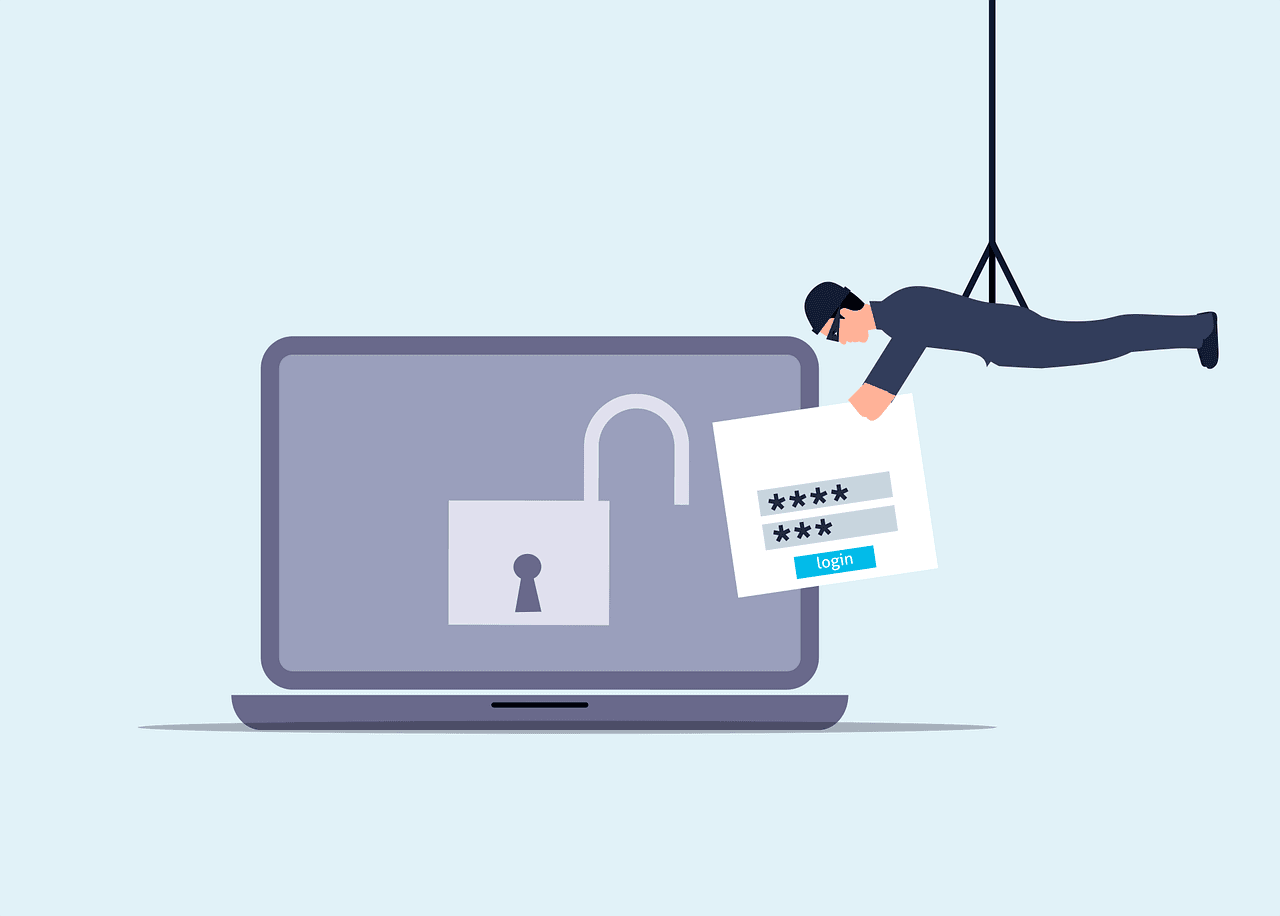10 Steps to Prevent a Data Breach
Data breaches can severely impact your business, leading to financial losses and eroding customer trust. At Hilt Digital, based in Wirral and serving Liverpool, Chester, North West England, and beyond, we understand the importance of safeguarding your business. Here’s how you can protect your company from data breaches.
What is a Data Breach?
A data breach occurs when someone unlawfully accesses your business information. This can include sensitive data such as customer names, email addresses, or credit card details. Protecting this information is crucial for maintaining your customers’ trust and your business’s reputation.
Why Should You Care About Data Breaches?
Data breaches can have devastating consequences:
- Financial Loss: Recovering from a breach is often costly.
- Loss of Trust: Customers may lose confidence in your ability to protect their data.
- Regulatory Fines: Non-compliance with data protection laws can result in hefty fines.
Preventing breaches is essential to avoid these repercussions and ensure your business remains secure.
How Do You Prevent a Data Breach?
Here are 10 effective steps to enhance your data security:
1. Use Strong Passwords
Implement complex passwords that are difficult to guess. Incorporate a mix of letters, numbers, and symbols, and avoid using the same password across multiple accounts. Consider using a password manager to keep track of your credentials securely.
2. Update Your Software
Regularly update your software and systems. Updates often include security patches that protect against the latest threats. Enable automatic updates to ensure your systems are always up-to-date.
3. Train Your Employees
Educate your staff about data security best practices. Training should cover how to recognise phishing emails, avoid suspicious links, and handle sensitive information responsibly. Well-informed employees are your first line of defence.
4. Use Encryption
Encrypt sensitive data to make it unreadable to unauthorised users. Encryption ensures that even if data is intercepted, it remains protected. Implement encryption for all critical business information.
5. Limit Access to Data
Restrict access to sensitive information to only those employees who need it for their roles. Implement role-based access controls to minimise the risk of internal data breaches.
6. Create Backups of Your Data
Regularly back up your data and store copies in secure locations. In the event of a breach, having backups ensures that you can quickly restore your information without significant downtime.
7. Use a Firewall
A firewall acts as a barrier between your internal network and external threats. Ensure that your firewall is always active to block unauthorised access and malicious activities.
8. Be Careful with Emails
Phishing attacks often start with deceptive emails. Advise your employees to avoid opening emails from unknown senders and to verify the legitimacy of links before clicking.
9. Protect Your Wi-Fi
Secure your Wi-Fi network with strong passwords and regularly update them. Avoid using default passwords and consider segmenting your network to limit access to sensitive areas.
10. Have a Plan
Develop a comprehensive data breach response plan. Outline the steps to take in case of a breach, including contact points and mitigation strategies. Conduct regular drills to ensure your team is prepared to act swiftly and effectively.
Regular Security Checks
Regularly review your security measures, ideally once a month. Stay informed about the latest threats and update your strategies accordingly. Continuous monitoring and maintenance are key to staying ahead of potential breaches.
Can Small Businesses Be Targets for Data Breaches?
Absolutely. Small businesses are often perceived as easier targets by hackers due to potentially weaker security measures. Whether you’re an accountant, estate agent, law firm, school, or construction business, ensuring robust data protection is essential regardless of your company’s size.
Essential Tools to Prevent Data Breaches
Implementing the right tools can significantly enhance your data security:
- Antivirus Software: Protects against malicious programs.
- Password Managers: Facilitates the creation of strong, unique passwords.
- VPNs: Ensures your internet usage remains private and secure.
- Penetration Testing: Identifies vulnerabilities in your systems.
- Dark Web Monitoring: Detects if your data appears on the dark web.
At Hilt Digital, we offer a range of services, including SentinelOne Endpoint Protection, Managed Infrastructure, Proactive Monitoring and Maintenance, Azure Cloud Consultancy and Management, and more to keep your data safe.
How Much Does It Cost to Prevent a Data Breach?
Investing in data security is more cost-effective than dealing with the aftermath of a breach. The expenses associated with prevention measures are outweighed by the potential losses from a breach, including financial penalties and damage to your reputation. Think of it as essential insurance for your business.
Stay Safe and Secure
Protecting your data is crucial for the longevity and trustworthiness of your business. Implement these steps to prevent breaches and stay vigilant against emerging threats. If you need assistance, contact us today. Our experts at Hilt Digital are here to ensure your data remains secure.
Don’t wait until it’s too late. Start safeguarding your data today with Hilt Digital’s comprehensive cybersecurity solutions.
